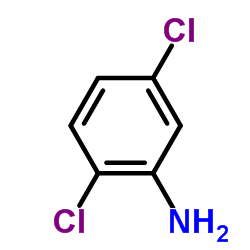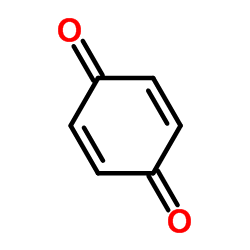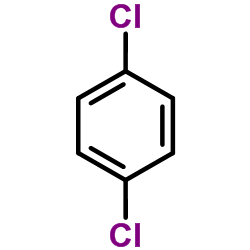| Description |
TPI-1 is a SHP-1 inhibitor; inhibits recombinant SHP-1 with an IC50 of 40 nM.
|
| Related Catalog |
|
| Target |
IC50: 40 nM (recombinant SHP-1)[1]
|
| In Vitro |
SHP-1 has been implicated as a potential cancer therapeutic target. TPI-1 is effective starting at 10 ng/mL in increasing SHP-1 phospho-substrates pLck-pY394. TPI-1 selectively increases SHP-1 phospho-substrates (pLck-pY394, pZap70 and pSlp76) in Jurkat T cells but has little effects on pERK1/2 or pLck-pY505. TPI-1 induces mouse splenic-IFNγ+ cells and induces IFNγ+ cells in human peripheral blood[1].
|
| In Vivo |
TPI-1 inhibits the growth of B16 melanoma tumors in mice at a tolerated oral dose in a T cell-dependent manner but has little effects on B16 cell growth in culture. TPI-1 thus also increases pLck-pY394 and IFNγ+ cells in mice. TPI-1 also inhibits B16 tumor growth and prolongs tumor mice survival as a tolerated s.c. agent[1].
|
| Animal Admin |
Mice: For in vivo induction of pLck-pY394 and IFNγ+ cells in mice, C57BL/6J mice are treated with PBS or TPI-1 (1 or 3 mg/kg, s.c.) for 4 days. Spleens are harvested one hour post-treatment on day 4 and processed into splenocytes, which are used for assessing pLck-pY394 levels by SDS-PAGE/Western blotting and for quantification of IFNγ+ cells by ELISPOT assays. Mice are also treated with TPI-1 (10 mg/kg, daily, s.c.) to evaluate the toxicity of the compounds in vivo[1].
|
| References |
[1]. Kundu S, et al. Novel SHP-1 inhibitors tyrosine phosphatase inhibitor-1 and analogs with preclinical anti-tumor activities as tolerated oral agents. J Immunol. 2010 Jun 1;184(11):6529-36.
|




